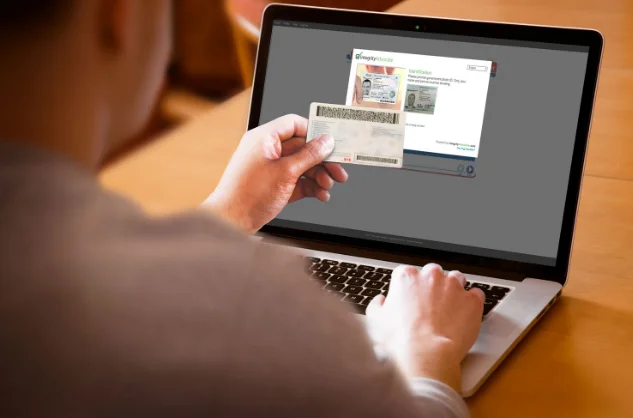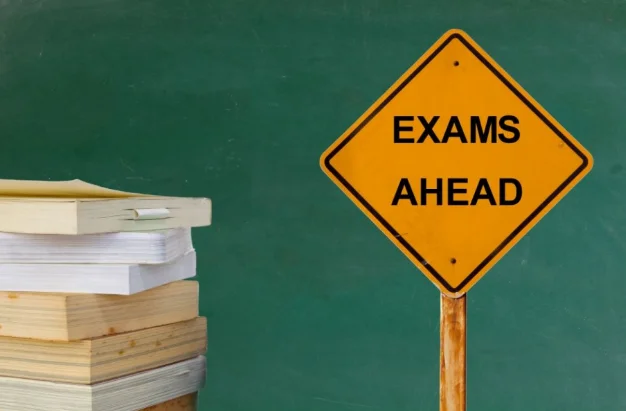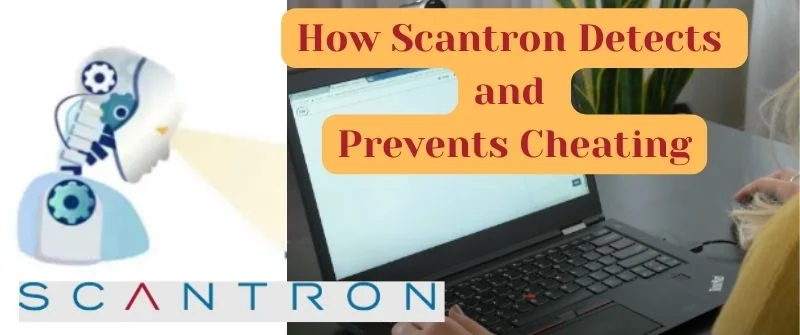Can Exams be Proctored Without you Knowing: Its Pros or Cons

A Proctored exam basically means that you will be writing your test under the supervision of an invigilator or an online invigilation system that can be referred to as proctor software.
The software or the invigilator will monitor the exam takers during the test and asses the examination environment. This is a process that can be achieved in person or online.
The work of the supervisor or invigilator is to ensure that the examinations are conducted in line with the rules and regulations of the organization offering the test. Examinations are taken in a controlled location that has been deemed suitable by the supervisor.
During this period, some writing materials are not accessed, for example, notepads, books etc. This helps to avoid jeopardizing the credibility of the exams.
Proctoring exams that is done online is also possible via recording and encryption through the use of a computer and internet connection.
Also Read: Text Features: Definition, Examples, and how to use them
Can an Exam be Proctored Without you Knowing?
An exam cannot be proctored without you knowing because examiners are required to disclose it before the exam.
Also, students will know that an exam is proctored because proctor systems have to be accessed on their PCs. Therefore, examiners cannot proctor exams without students knowing it.
For both offline and online proctoring, the answer is simply no. For a physical classroom scenario, a student will be aware of exam proctoring because the supervisor or proctor is present during the exam period.
In online proctoring, the proctor performs checks on the exam room and environment a clear indication that the exam taker will know if he or she is being proctored.
Why Do Students Fear Proctored Exams
Proctored exams are sometimes stressful for students. Those who fear this type of exams are the ones who are unprepared and were hoping to indulge in academic dishonesty.

When there is exam proctoring, whether in person or online, there are minimal chances of cheating.
Indeed, students have numerous ways of cheating in online exams. Another reason why students fear proctored exams is an invasion of privacy.
When an online proctor has access to a student’s computer, exam takers fear the possibility of their privacy being invaded. Proctors can have access to running programs and browsers to check student activity.
There is also the fear of a proctor being able to access data and retrieve your information. However, there are measures that students can undertake to ensure that supervisors access information that is only necessary for the exam.
Also Read: Scantron Cheating: How it Detects Cheating and Tricks Students Use
Advantages Of Proctored Exams
Proctored exams are advantageous to both candidates and the institutions in a number of ways as discussed below:

- A person sitting for the exams can sit in any location and take exams as long as the place is well lit to support webcam usage. If you choose to do it at home, there is more comfort hence enhancing the chances of productivity.
- There is privacy to be enjoyed especially in the absence of distractions. Physical test centers can be annoying because of congestion.
- If you are an exam taker, select a quiet and cool environment to take your exam in a very tranquil environment.
- Exam takers can enjoy flexibility on the time they want to sit for the exams. In most cases, organizers give candidates an exam window that is favorable to the students.
- Since most students are able to use computers or tablets when sitting for exams, the use of pen and paper is eliminated. They can now take the exam faster and complete within the stipulated time.
- Learning institutions no longer have to worry about looking for physical test centers or hiring invigilators. Proctored exam taking is simply cost-efficient and safe. It is an indication that students can take more frequent exams as opposed to long ones. This makes it easier for instructors to assess their progress.
Is Proctoring Legal?
Online exam proctoring couldn’t have come at a better time than now. With the Covid-19 pandemic, online proctoring ensured that learning was not interrupted in most schools.
Proctoring solution providers have the responsibility of ensuring that the entire process is credible and no leaking of information. They do perform a frequent system check to confirm that all features and tools are working.
It can plausibly be argued that exam proctoring is legal because it does not violate any state or federal laws or privacy guidelines. It is a move that has not only minimized academic dishonesty but also enhanced convenience for both the student and the supervisor.
Also Read: How to Cheat on a Math Test: 9 Tricks and Hacks
How to Prepare For Proctored Exam
Whether the exam proctoring involves a live proctor or online AI software, there is need for a student to prepare adequately in advance before the exams begin.

If you break down your revision, it will be easier to cover all topics and go through the areas where you did not understand.
Practical study sessions the week prior to exams can be very important.
It helps a student to retain information days before the exams.
Preparing in advance will make a student to avoid last minute cramming or forcing of ideas.
For online proctored exams, prepare by finding out the topics the exam is set on, so that you have adequate time to revise.
Important aspects that need confirmation include exam duration, formats, the duration it will take and choice format.
In addition to this, find out the items that you are permitted to have during the exams. Finalize by double-checking the date of the exams and any other vital information you may be missing.
If you are taking your exams online, check and confirm if your laptop or desktop computer is working and connected to a reliable source of internet.
Perform a test to confirm if the webcam camera and important wires are connected. This kind of preparation is essential to avoid the last-minute stress of rushing.
Finally, location is of utmost importance. Select a tranquil space that will enable maximum concentration without any distractions.

When not handling complex essays and academic writing tasks, Josh is busy advising students on how to pass assignments. In spare time, he loves playing football or walking with his dog around the park.




